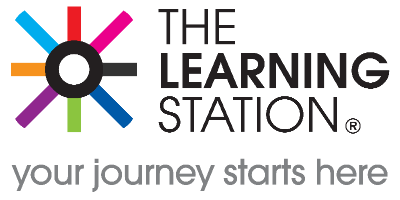A time comes when you must go through the daunting task of creating your CV to send out to employers. Some people believe there is a strict method to creating a good CV and some don't know where to begin! Today we're going to talk about the three different types of CV's and how they can work for you.
The Chronological CV
The chronological CV focuses on representing the candidates experience on an employer-by-employer basis, listed in reverse chronological order. Chronological CV's also contain a brief personal statement at the top which talks about the key skills and strengths that the candidate has. This is the most common type of CV. A Chronological CV will typically use the following structure:- Personal Details (name and other contact details)
- Personal Profile
- Career History in reverse chronological order (starting from most recent at the top of the CV, to longer ago as you go down). If you are a graduate or contain very little work experience then it may be best to place your Education and Qualifications before Career History.
- Education and Qualifications
- Professional Memberships
- Other Information
- Interests
- Very useful when applying to a job within the same industry as it shows your career progression.
- If you do not have many achievements or significant highlights throughout your career then taking the job-by-job approach can detail your main responsibilities, which takes the emphasis away from your achievements.
- It is a favourite format for employers as it's very easy for them to identify the key roles and responsibilities that you did.
- If you have gaps in your employment that you would rather not highlight, then a chronological CV will make this more obvious.
- If you are making a change in career direction then this type of CV may not be relevant to your new employers. They will be more concerned about the transferable skills that you can offer rather than details of your experience in an unrelated sector.
The Functional CV
The functional CV focuses on your skills and expertise as opposed to the chronology of your employment dates. This CV is not as preferred by most recruiters although some senior positions would require that a functional CV accompanies a functional CV to have a grasp on all aspects of the candidate. A functional CV typically has this structure:- Personal Profile
- Sections relating to a different skill or ability. These should be listed in decreasing order of importance.
- Instead of focusing on particular jobs, describe your experience of work in its entirety.
- Include any skills and experience in voluntary and unpaid jobs, as you are not detailing any specific role.
- When changing industry, then a functional CV will help the recruiter focus on the transferable skills that you offer.
- If you change jobs frequently, your experience is a collection of unrelated jobs or you have several career gaps then a functional CV will place emphasis on what you have to offer as opposed to your career progression.
- If you are a mature candidate, then a functional CV will take focus away from your age.
- If you do not have much work experience then you may struggle to highlight achievements on their own.
- This type of CV is not preferred by recruiter as they like to see clearly what work the candidate has done, and can also raise questions as to whether something is being hidden intentionally.
- A functional CV will not allow you to convey a consistent career progression, if that is what you desire then this CV type is not what you want.
The Combined CV
The combined CV is a mixture of both chronological and functional formats. These CVs tend to be longer than usual but offers the best of both styles. Advantages- The best structure to follow when you have a strong career progression along with many achievements.
- The employer will get a much better image of the candidate due to more information being available.
- They are longer than a functional or chronological CV, which may put off recruiters.
- Not suitable if you have employment gaps
- Not suitable if you have only a little experience or achievements.



 Student Login
Student Login My Account
My Account